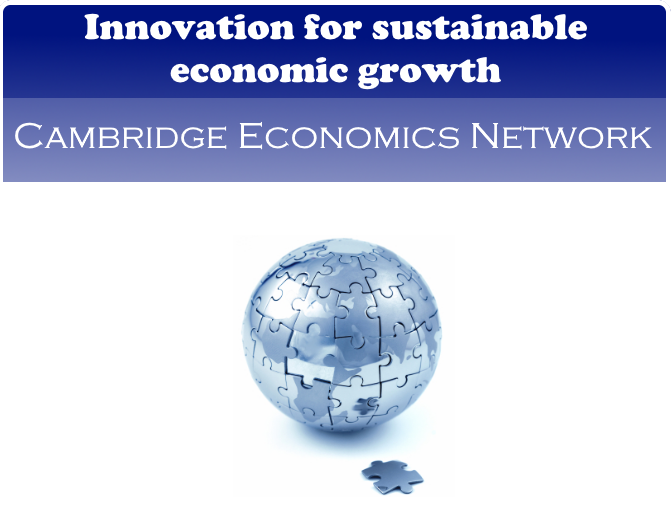 Home page Innovation Edwin Mansfield1 defined innovation as occuring when a change in a process occurs for the first time in a specific location. Beside the innovationin process, change can also involve a new product or technology and, again, innovation occurs when it is produced for the first time in a given location. Learning Innovation signifies change. Changes in thought processes arising from experience lead to changes in technologies and technique. The majority of evidence on what leads to innovation and beneficial change is human learning. Work by several contributors has established that between 60%-80% of economic growth is the result of learning. The accumulation of experience in carrying out repetitive tasks results in an improvement in efficiency and competence referred to as the accumulation of tacit knowledge. The observation and recording of performance to identify ways and means of improving performance makes use of data and information referred to as explicit knowledge. Innovators The individuals, teams and work forces that bring about changes that make more productive use of resources are innovators and the general term applied to such inividuals or groups is entrepreneurs. Jean-Baptiste Say considered entrepreneurs to be vital elements in the process of innovation and economic growth. 1 Mansfield, E., "The Economics of Technological Change",W. W. Norton & Co., 1968. |